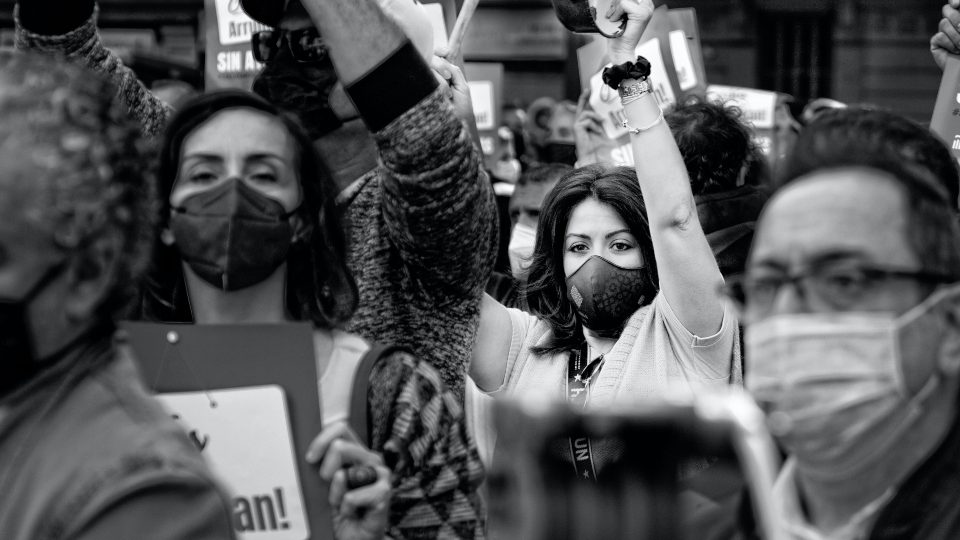Revista: Res. Revista Española de Sociología
Fecha límite para el envío de abstracts: 15 de marzo de 2021
The pandemic of COVID-19 is considered one of the major global crises of our times. It is both an epidemiologic and a social phenomenon. The effects of the crisis are unevenly distributed among countries and regions, and among social collectives. The pandemic crisis may exacerbate social inequalities and disproportionately affect those already in vulnerable positions. It may have also important consequences in lifestyle and social arrangements emerging from the crisis, including the organization of work, education, leisure, personal relations, and freedom. The current social impact, together with the social and policy reactions that will take place in the coming years, can affect our society as we have known it until today.
Southern European countries can be highly affected due to several reasons. They share some socioeconomic sectors heavily impacted by the crisis, in addition to a large presence of SMEs and informal jobs. They have to face social problems related to vulnerable collectives and migration. Moreover, the impact of the crisis in Southern Europe may be shaped by the historical background, institutional capacities, the specific characteristics of the welfare state, and social resilience.
Social sciences, and sociology, in particular, have an important responsibility in providing rigorous analysis to document, explain, re-construct, and foresee how the effects of the crisis are affecting different aspects of our societies.
The Spanish Journal of Sociology (RES) in collaboration with the Research Network “Southern European Societies” of the European Sociological Association (ESA RN27) has joined this effort by putting together a special issue focused on investigating the wide range of social effects in Southern European societies.
Aim and scope
The special issue welcomes research articles on any topic involving the social effects of the pandemic in countries and regions of Southern Europe.
Articles can be of empirical or theoretical nature. Foresight analyses based on sound research are also welcome.
Articles should focus preferably on comparative research from several countries and regions of Southern Europe or comparisons with the Mediterranean area and other parts of Europe and the world. Articles focusing on specific countries or regions should specify clearly both the analytic and practical implications for the whole research area.
The articles may be related tentatively to some of the following issues:
- The social impact of the pandemic crisis: social distribution of health issues, provision of social services, work conditions, unemployment, education, etc.
- Exclusion processes and vulnerable collectives: effects of the crisis on migrants, irregular workers, unemployed people, vulnerable women, children, and other collectives.
- Changes in the ways of life: personal relationships, housing, work, leisure, etc.
- Social behaviors related to health prevention, solidarity, and resilience associated with the pandemic emerging from civic society.
- Public understanding of COVID-19: information about the pandemic, perceptions of risk, trust in science, trust in health policies.
- Institutional capacities and policy reactions: political arrangements, policies, and instruments at different levels of governance.
- Emerging social conflicts associated with the different interpretations, policy measures, and effects of the pandemic crisis.
- Mobility and immobility dynamics in Southern Europe related to the pandemic crisis.
Authors wishing to participate should send an extended abstract of 1000 worlds (in addition to references) by 15 March 2021. Extended abstracts should be informative enough to foresee the full content of the final article. They should specify the research issue addressed, the strategy of the paper (or the methodology, if needed), and the expected contribution.
Extended abstracts should be sent to monograficosres@fes-sociologia.com
After a revision, the authors of the selected abstracts will be invited to submit the complete manuscript.
Más información en: https://recyt.fecyt.es/index.php/res/announcement/view/431

